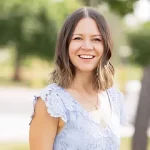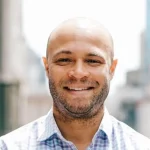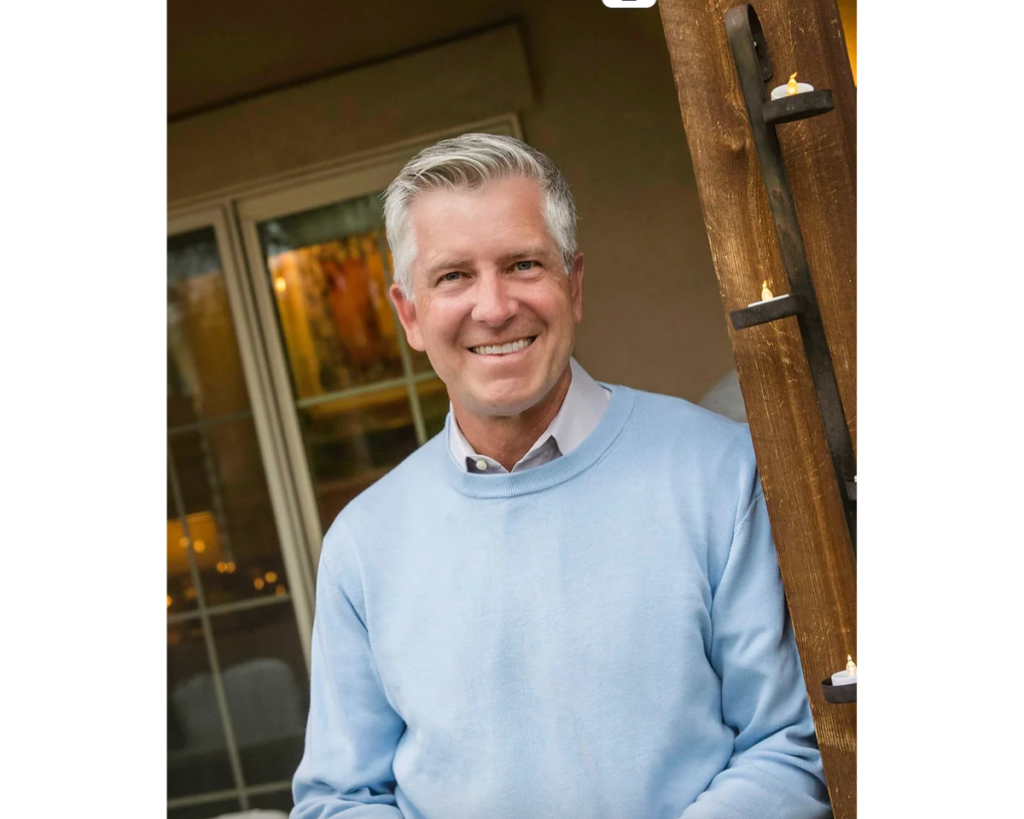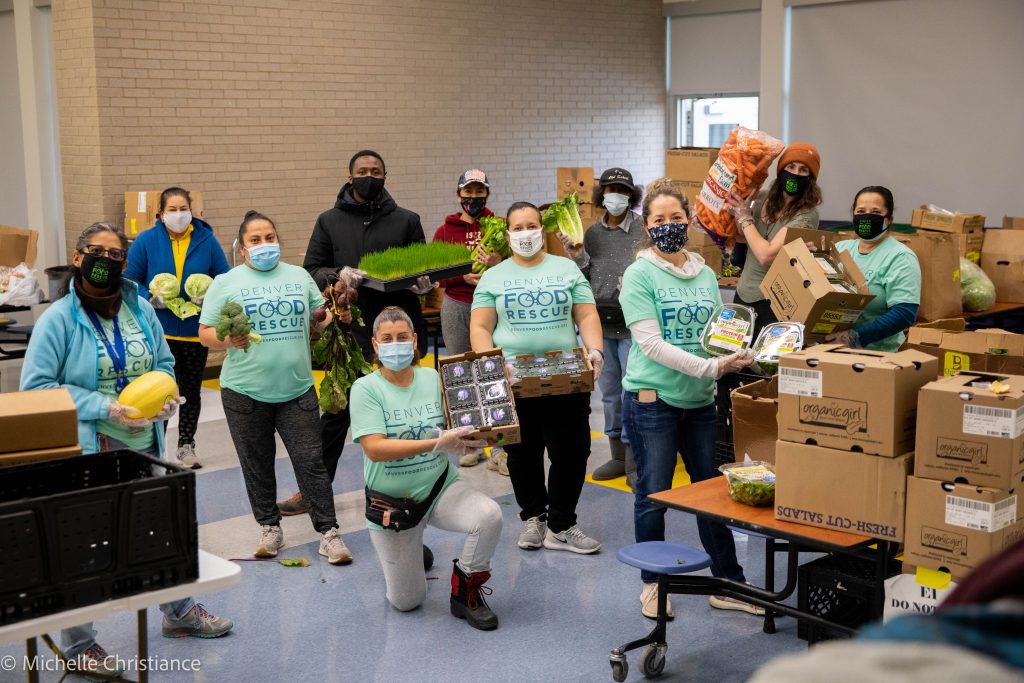More is at stake in the upcoming Denver school board election than three board seats – it’s a proxy that tests the political power of the teachers union.
The Denver Classroom Teachers Association has thrown its formidable support behind business-owner Kwame Spearman in the citywide at-large race against career educator John Youngquist in addition to endorsing incumbents Scott Baldermann and Charmaine Lindsay.
The DCTA’s recent record speaks for itself: All seven current board members were endorsed by the union.

“The Denver teachers union tends to be the dominant force because they have people and they have money,” observes Paul Teske, dean of the School of Public Affairs at CU-Denver who closely follows Denver Public Schools issues. “Their support is most important in terms of boots on the ground, canvassing from union members, talking to voters, and of course, money.”
This election, however, is more complicated than usual. The Nov. 7 vote is clouded by the anti-incumbent “Resign DPS Board” movement, safety concerns after the March shooting at East High School, ongoing board controversies, and tough decisions to come on declining enrollment.
In the at-large race, Spearman has outraised Youngquist $122,514 to $92,351, according to the Colorado Secretary of State’s most recent campaign finance report. In the other two races, challengers Kimberlee Sia in Southwest Denver’s District 1 and Marlene De La Rosa is Northwest’s District 5 to date have each outraised union-backed Baldermann and Lindsay.
“Our DCTA Fund Small Donor committee is supporting candidates as much as we can, but unfortunately, we will never be able to match the hundreds of thousands of dollars (going to organizations) that are backing the slate of reform candidates,” says special education teacher and DCTA President Rob Gould.

“The majority of this funding comes from dark money outside of the state of Colorado. One example of this is the group Denver Families (Action) that is backed by the pro-charter organization City Fund.”
Denver Families Action has spent $23,362 to date on getting its message out to voters compared to $54,500 by DCTA, state records show (no direct money has gone to candidates by DFA). Campaign spending does not include on-the-ground volunteer work organized by both groups, such as canvassing and phoning voters.
Views on school choice
The heightened competition underscores a deeper philosophical clash between DCTA and DFA that is reflected by the candidates they support. In a twist that seems unique to this election cycle, each candidate initially courted the organization that ultimately supported his opponent. Once the DCTA and DFA announced their endorsements, Youngquist and Spearman tweaked their messaging.
“We have to have strong neighborhood schools,” Spearman says. “Charter schools are part of our family of schools, and there are charter leaders who have done a good job educating our students … but charters that are duplicative or under enrolled are taking away resources from our neighborhood schools.”
Youngquist, backed by DFA, says he has worked in neighborhood schools during his 35-year career as a teacher, principal, and central-office administrator. He said he supports students and teachers whether they are at district-run, charter or innovation schools.
“I am opposed to the corporatization and privatization of our schools. That includes vouchers and any form of providing public money to private schools. As a board member, I will not vote for these interests,” he says.
Beyond neighborhood schools, Gould says DCTA has other priorities related to what he describes as chronic underfunding of schools by the state.
“DPS has weathered over a decade of failed education reform policies,” he says. “Currently, our educators are concerned with increasing caseload, class size and workload issues. Mental health and safety concerns have created compounding challenges as well. We keep asking more of our educators, and nothing is removed from educators’ plates.”
Denver Families Action contends that DPS needs new leadership that is more responsive not only to the parents whose children attend district-run schools but also to the thousands of families who opt for other choices.

“Every student in Denver deserves access to high-quality public-school options that meet their unique needs,” says DFA Chief of Staff Lela Johnson.
Youngquist, Sia and De La Rosa are “focused on change,” she says, and are “the only candidates in their races with decades of experience working directly in support of Denver’s public schools.”
Influential endorsements
Others have jumped into the endorsement sweepstakes, including Denver Mayor Mike Johnston. He supports Youngquist, Sia and De La Rosa.
Johnston, who has been critical of the board as dysfunctional, said in his endorsement that Youngquist was a role model as “a revered principal at East High School” when Johnston was a young educator: “John knows what it takes to keep schools safe, support academic excellence and work collaboratively with families and parents.”
Besides DCTA, Spearman is backed by area labor organizations and others, including former Aurora Public Schools Superintendent John Barry.
“I used my unique background coming from the Air Force to lead change,” Barry, a retired general, said in his endorsement. “I see a similar opportunity for Kwame, whose business acumen and strategy skills are exactly what DPS needs.”
Philosophical contrasts, similarities
Despite their competing endorsements, CU-Denver’s Teske says Spearman and Youngquist likely would not be that different if elected in working to restore the board’s reputation.
“I would describe neither Kwame nor John as super strong on the union side or super strong on the reform side. Aside from their endorsements, I would put them as more mixed in their views,” he says.

Spearman, co-owner of Tattered Cover book stores and the son of Denver educator, has pledged to advocate for higher teacher pay and benefits because “when we support our teachers, we support our students.”
He says the 87,000-student district does not equally distribute resources or opportunities for students, which is why so many parents opt for different choices than traditional schools. He said he would like more district-run schools to consider becoming more specialized in curriculum and offerings to better attract those families.
“I believe that students who participate in choice programs have better academic outcomes,” Spearman says. “The problem is when you only have one Denver School of the Arts, for instance, and it is on the northeast side, you are asking students in southwest Denver to leave their community to attend that school. That’s a false choice. We need to find ways to increase access (to different models) in our district-run schools.”
Youngquist says he made no promises to Denver Families Action except to strengthen all schools “including district-run neighborhood schools, innovation-status schools and charter schools.”
He points to his knowledge and experience in calling for more accountability in the $1.3 billion DPS budget.

“Our current district leadership seems to believe that school closure is a decision to be made quickly and with little data,” he says.
If elected, he would direct the superintendent to launch a 12- to 18-month process that includes a transparent view of current and future district resources, school enrollment trends and better communication with staffs and community members potentially impacted by closures.
“While school closure will always be a difficult and challenging conversation, a transparent conversation that is more public and ongoing in nature and representative of all of the elements of the process is vital to engage as we move forward,” he said.




